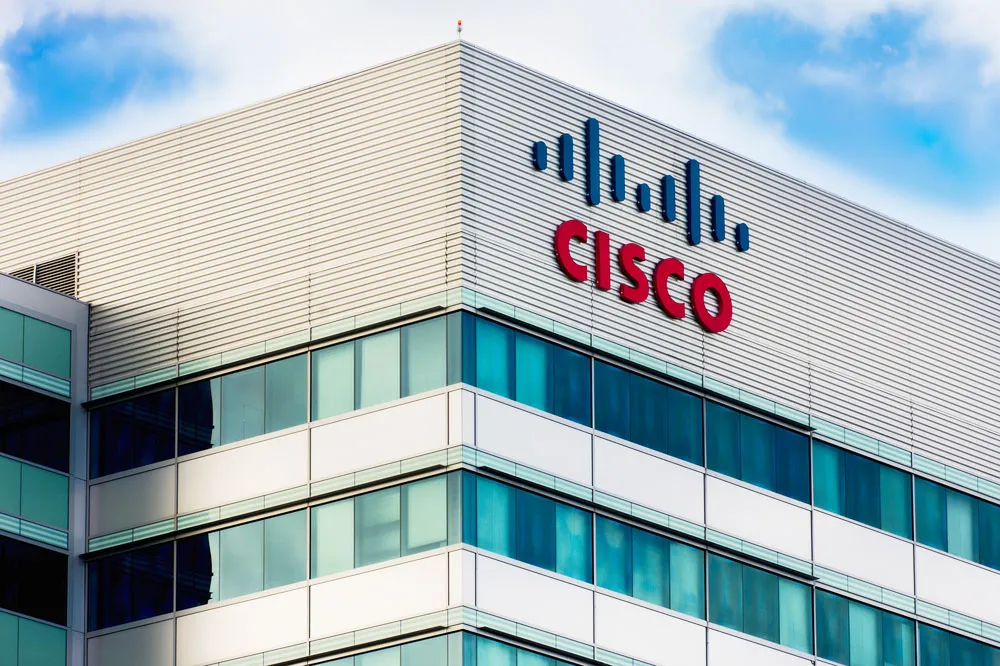Cisco Systems recently announced the AI-Enabled Information and Communication Technology (ICT) Workforce Consortium, a coalition comprised of eight industry leaders, including Microsoft, Intel, Accenture, Eightfold, Google, IBM, SAP, and Indeed.
This initiative, prompted by the Talent for Growth Task Force of the U.S. EU Trade and Technology Council, is aimed at assessing the impact of AI on 56 ICT job roles and offering training recommendations for affected positions.

Member companies have made significant commitments towards this goal, such as Microsoft’s pledge to train and certify 10 million people from underserved communities in digital skills by 2025, and Intel’s aim to empower over 30 million individuals with AI skills for current and future jobs by 2030.
IBM intends to train 30 million individuals in digital skills, including 2 million in AI skills by 2030, while Cisco has committed to training 25 million people in cybersecurity and digital skills by 2032.

In addition to these efforts, Google has announced €25 million in funding to enhance AI training and skills development across Europe, and SAP has committed to enhancing the skills of two million people worldwide by 2025.
Cisco’s collaboration efforts extend beyond leading tech companies to include partnerships with NVIDIA, Ford, and Banco Bilbao Vizcaya Argentaria (BBVA), which aim to further enrich its portfolio.
In February, Cisco and NVIDIA announced a partnership to deliver data center AI infrastructure solutions. The partnership combines Cisco’s networking expertise with NVIDIA’s GPU technology to offer deployable and manageable solutions for the evolving AI ecosystem.
Deepening its ties with BBVA, Cisco inked a Strategic Whole Portfolio Agreement, which will facilitate BBVA’s faster access to Cisco’s software and Customer Experience portfolio and streamline global IT operations.

The company’s top-line growth has been adversely affected by challenges arising from a cautious economic environment, including heightened customer scrutiny of deals, delayed product deployments, and reduced overall demand.
Revenues are expected to range between $12.1 billion and $12.3 billion for the third quarter of fiscal 2024, with a Zacks Consensus Estimate of $12.31 billion, reflecting a 15.5% decline from the previous year.
Non-GAAP earnings per share are anticipated to be between 84 cents and 86 cents, with a Zacks Consensus Estimate of 85 cents, indicating a 15% decline.







Leave a Reply